Important writing on the miners’ strike – and what is history for?
Robert Gildea had been active as a professor of modern history in Oxford for many years often mentioning oral history when he spoke at our regular Saturday public history seminar at Ruskin College.Yet by 2023 his important new book arose called,The Backbone of the Nation: Mining Communities and the Great Strike of 1984 -5. And now in paperback. This includes many oral testimonies from miners and their families of those times – and well worth reading!Clearly the BBC must have positively engaged with this book and invited him to be the historian working with determination in the recent BBC1 programme Miners’ Strike: A Frontline Story. Here the story of fifteen men and women, including some oral accounts, returned older people (and younger people not alive then) to the years of 1984-5. If you missed the programme , do watch it!
However, Gildea’s latest book has just been published in 2024. It’s called What is History For? As he argues in the preface, although historians routinely think,“what is history?” but about what it is for, much less so. This suggests, he states, that history is not simply an academic subject,“ to be studied for its own sake.” Much of his discussion and emphasis records the way in which a history of the past has been re-written in other ways at different times.He carefully suggests that historians may sit in university libraries away from the cut and thrust of power, “but rarely do they escape the power implications of their work.” Yet in history-writing in other ways, new groups, who have been excluded from past histories such as workers or women or black minorities, have been reclaiming another past history.His is a strong argument, touching on a large range of former histories, as developed through the book. He concludes that “not everyone is able to write a memoir of such subtlety and scale about a generation.”Instead, he suggests public history which “holds that anyone and everyone can write a life story or fragment of it” is based “on the idea that all people are active agents in the creation of history”. As he concludes he suggests, “everyone is a historian.”
Do read this book’s viewpoint.It helps recognise the range of questions and personal answers we might use nowadays whether family histories, local histories, new plaques, attention to heritage, oral stories, past union and political campaigns and perhaps also note the role of public history in facilitating this stance…

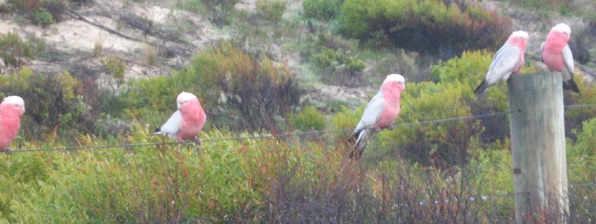



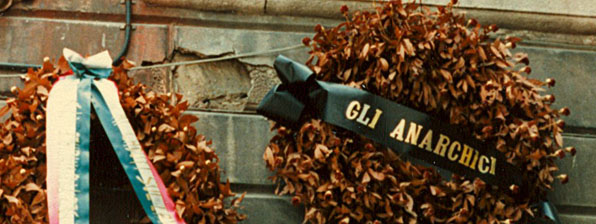

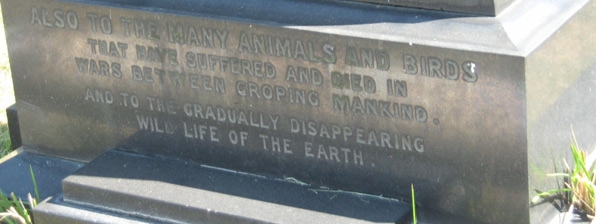


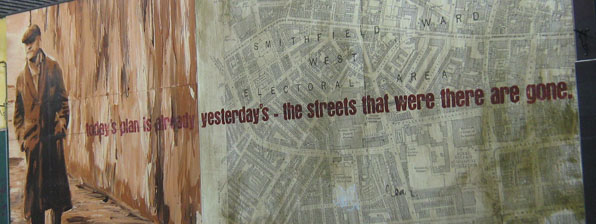

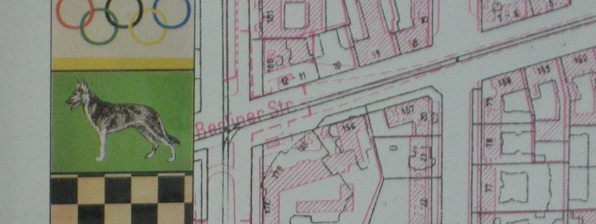

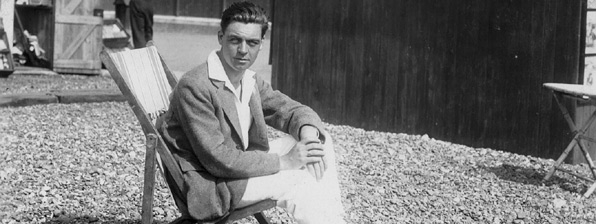


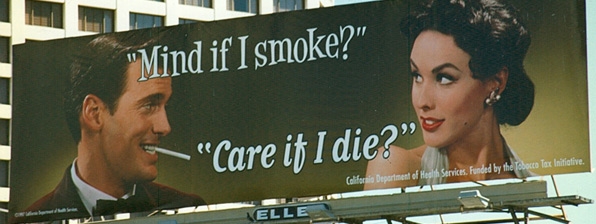


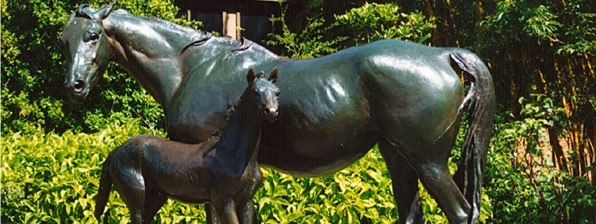
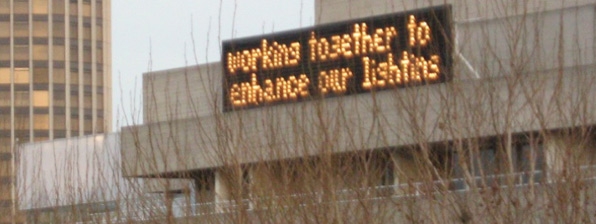



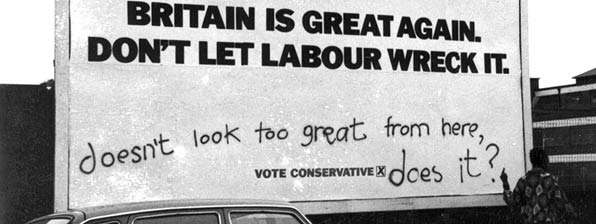
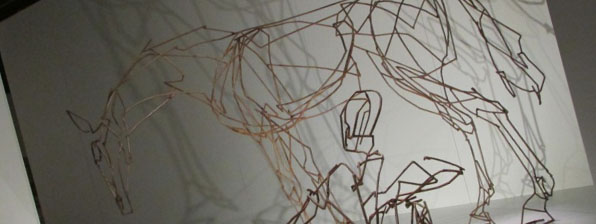



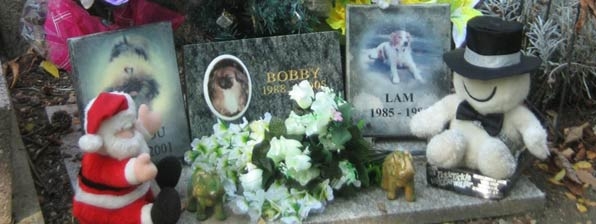




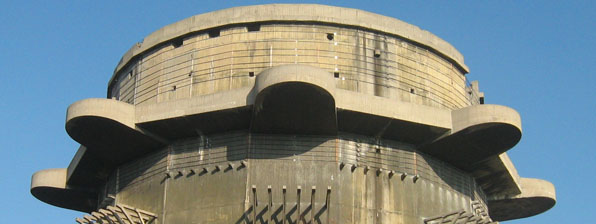


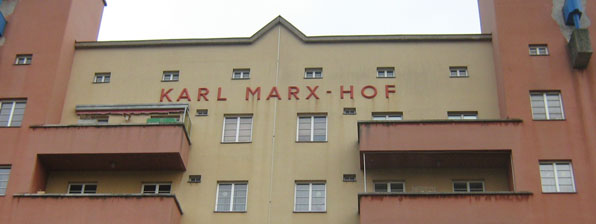


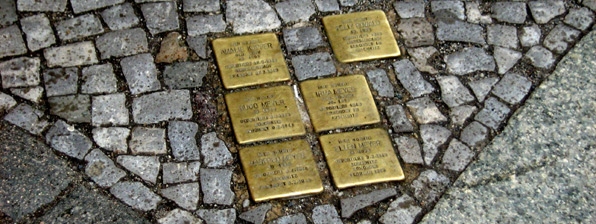


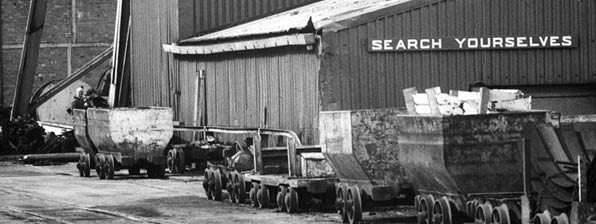

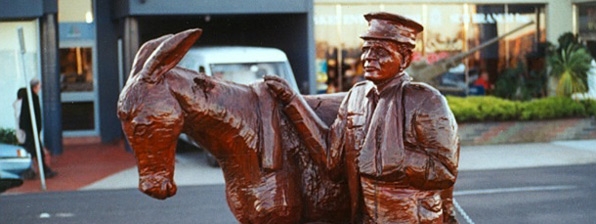

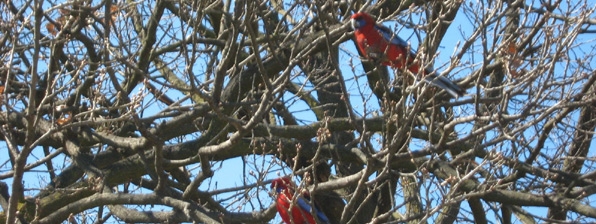




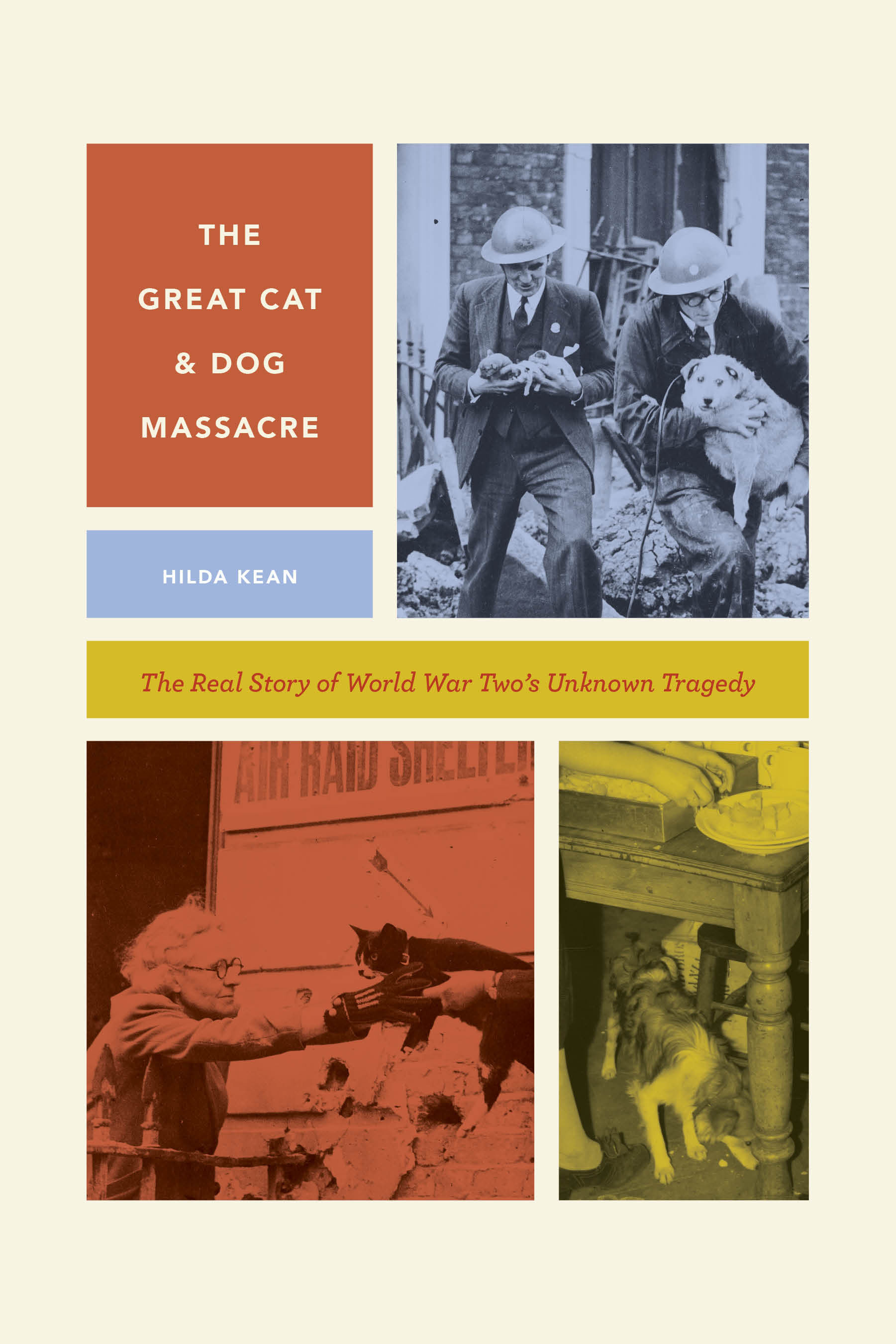
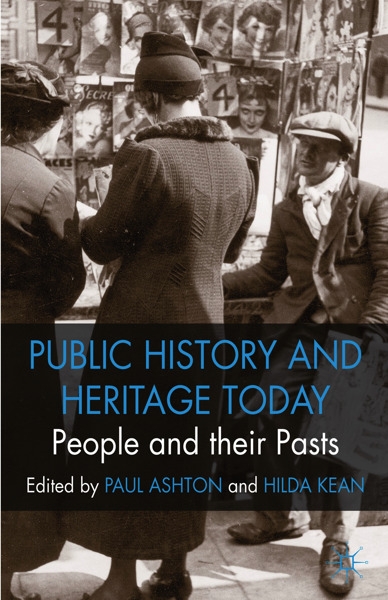

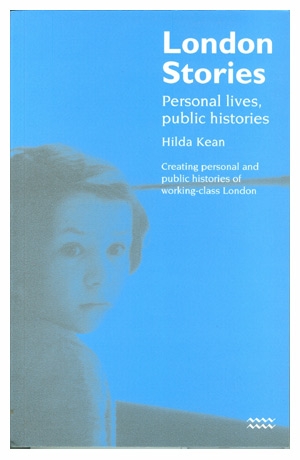

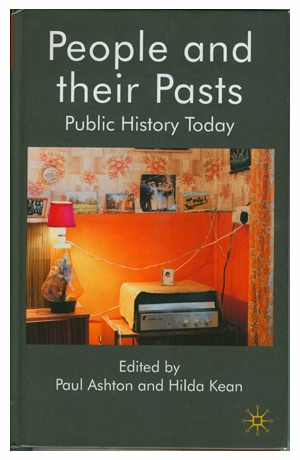
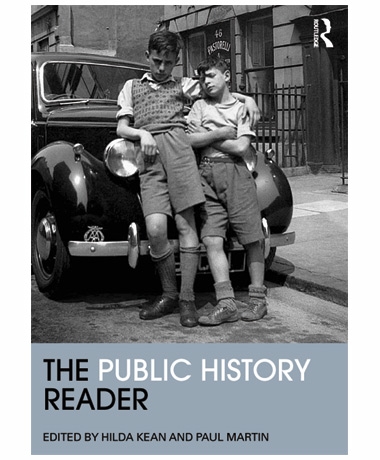




Leave a Reply